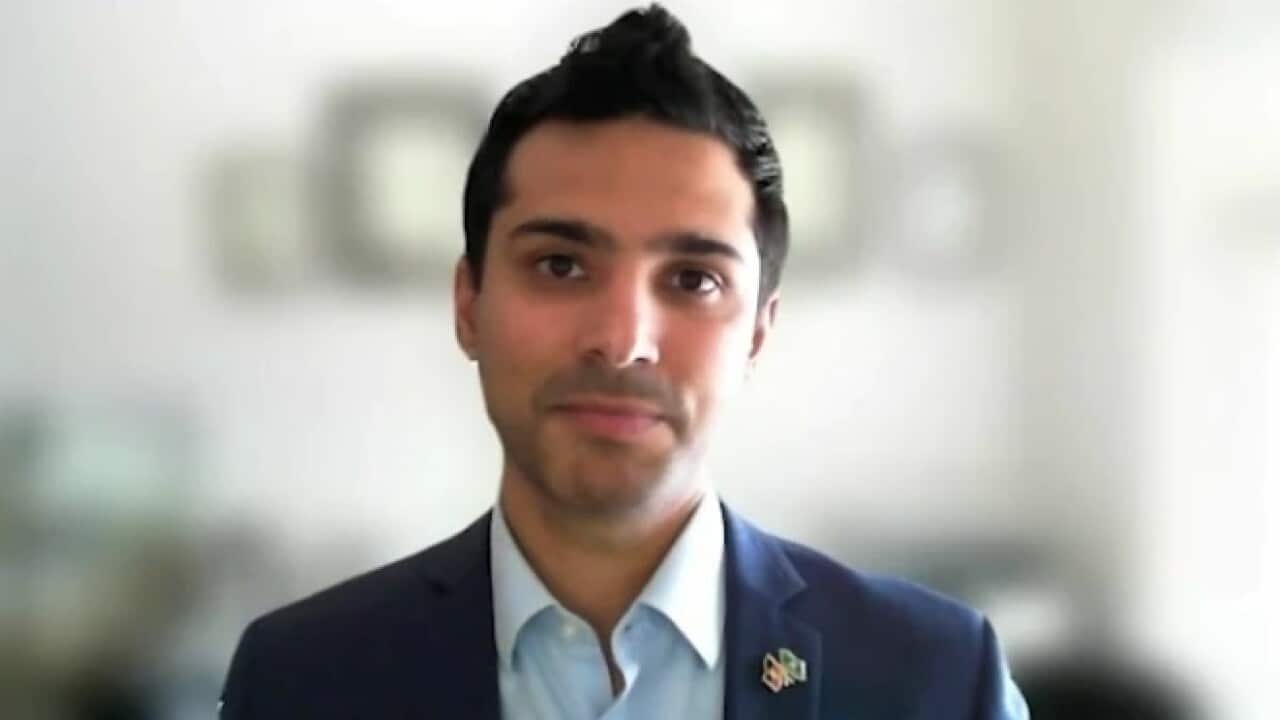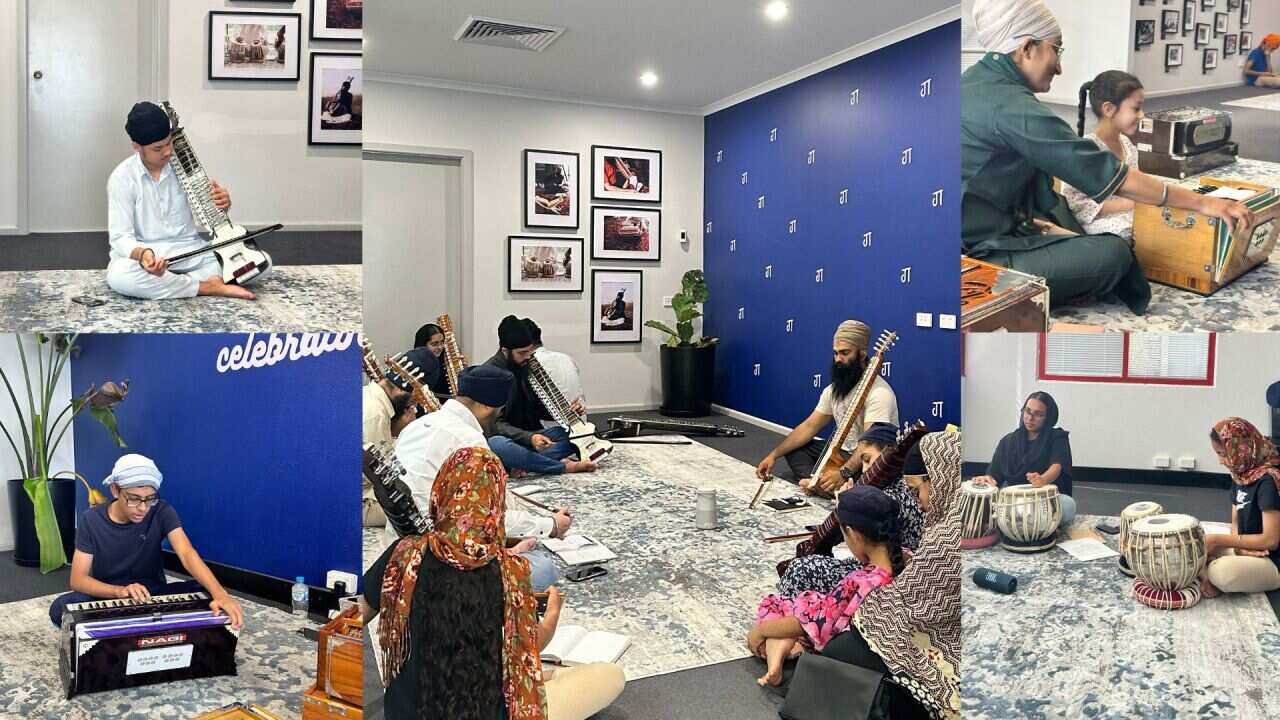The coronavirus pandemic has highlighted concerns that many Australians don't have the access to healthcare and health information that they should.
The Federation of Ethnic Communities Councils of Australia (FECCA) is working to establish the 'Australian Multicultural Health Collaborative'.
It aims to provide leadership and advice on policy, research and practice to achieve better health outcomes for people from culturally and linguistically diverse ((CALD)) backgrounds.
FECCA is the main group representing multicultural and ethnic communities.
CEO Mohammad Al-Khafaji says this partnership with the government would improve health access and equity.
"For a little while now we’ve seen the need for a greater voice at a national level to advocate on culturally and linguistically diverse communities and multicultural health. We’ve seen what the pandemic has done for our communities and the vulnerabilities around that and we think it is a great opportunity for us to have a national voice that focuses on multicultural health."
FECCA Chair Mary Patetsos says the COVID-19 pandemic and government response has highlighted inequities and disparities experienced by many in multicultural communities.
And while these issues might have been brought to light by the pandemic, Mr Al-Khafaji says a national health collaborative should look to future barriers as well.
"We’ve seen for example the health outcomes for vulnerable multicultural communities in Melbourne towers or our communities in Western Sydney. We know people have challenges when accessing those services directly as a result of the pandemic. But also we are looking forward beyond the pandemic and we are trying to have a look at what else is a barrier for these communities so we can actually address them as a collective."
Click on the player above to listen to the feature in Punjabi.
People in Australia must stay at least 1.5 metres away from others. Check your state’s restrictions on gathering limits.
If you are experiencing cold or flu symptoms, stay home and arrange a test by calling your doctor or contact the Coronavirus Health Information Hotline on 1800 020 080.




